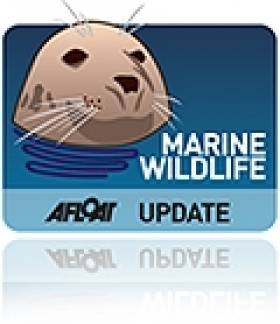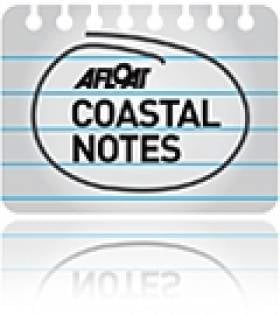Displaying items by tag: breeding
Time Running Out for Scotland's Resident Killer Whales
Time may be running out for Scotland's only resident pod of killer whales, the Scotsman reports.
The four males and five females have been studied at their home in the west of Scotland by the Hebridean Whale and Dolphin Trust and the Irish Whale and Dolphin Group for almost 20 years.
The marine mammals have been sighted at various times since 1981 by members of the public in Scotland, Wales and Ireland.
But since 1992 the group - known as the West Coast Community - has failed to produce a single surviving calf.
Marine biologist Dr Andy Foote said: "It's probably too late to save this group. I do believe that they will become extinct in our lifetime which is very regrettable since not many people even know that such a distinctive group of killer whales exist just off our coast."
Dr Foote believes possible contaminants in the waters off Scotland's west coast could be one reason why the pod is not successfully breeding.
The Scotsman has more on the story HERE.
Coastwatch Warns Over Draining of Cork Wetlands
Ballyvergan marsh is under threat after the discovery of an illegal pipe being used to drain the wetlands area, claims Coastwatch.
The Irish Times reports that the environmental group has called for immediate action over the draining of the marsh near Youghal in Co Cork.
Cork County Council has also confirmed to the paper that a letter regarding an "allegation of unathorised development" has been sent to the landowner.
The marsh at Ballyvergan is one of the largest on the south coast, and is zoned as a special amenity. It is also an important breeding site for migratory birds.
Karin Dubsky of Coastwatch said that the situation highlights the deficiencies in State policy regarding Ireland's wetlands.
The Irish Times has more on the story HERE.
































































